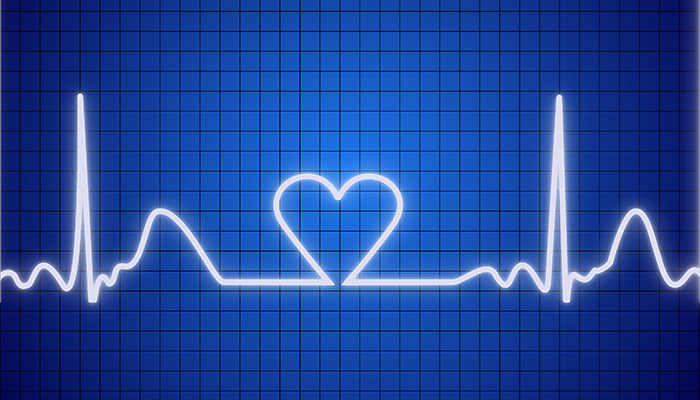Early signs of heart failure

Too often, older adults assume that fatigue and trouble
breathing are just a natural part of aging or being out of shape. They aren’t.
In fact, these can be early signs of heart failure.
Heart failure means the heart is having difficulty pumping
effectively. As a result, fluids build up, especially in the lungs and lower
body. This makes it harder for necessary oxygen to get to all the cells. In a
vicious cycle, the heart becomes overworked and enlarged trying ever harder to
circulate more oxygen.
Catching symptoms early is key to engaging treatments that
prevent this condition from getting worse. A visit to the doctor is in order if
you notice the symptoms below.
Check for “F-A-C-E-S”
- Fatigue. Tiredness and lack of stamina.
- Activity limitation. Inability to do
usual tasks without becoming tired or out of breath. - Congestion. Coughing and wheezing may be
a sign that the heart and lungs are building up fluid. - Edema. Edema is swelling in the ankles,
legs, and abdomen. It can be a sign that the heart is not pumping at full
strength. - Shortness of breath. Fluid in the lungs
can make it difficult to exhale and inhale fully. This results in shorter,
quick breaths that are much less effective.
It may not be heart failure, but testing is advised. The
doctor may order blood work and an ultrasound to see the heart in action (echocardiogram).
Depending on the severity of any damage in the heart,
treatment may include medication, surgery, or devices that assist the heart.
There are lifestyle changes, too, that can help prevent
further damage: Quitting smoking. Monitoring weight. Restricting salt.
Also ask the doctor or pharmacist about over-the-counter
medicines. Certain pain relievers, cold remedies, and heartburn drugs are
especially hard on the heart. And herbs such as green tea, ginseng, or St.
John’s wort can interfere with heart medications.
Does your loved one seem tired and out of breath?
We at Debra Levy Eldercare Associates can help you work with your relative to pace activities and encourage lifestyle changes that support heart health. As the Metro DC experts in family caregiving, we can help you, too, through this journey. Give us a call at 301-593-5285.
